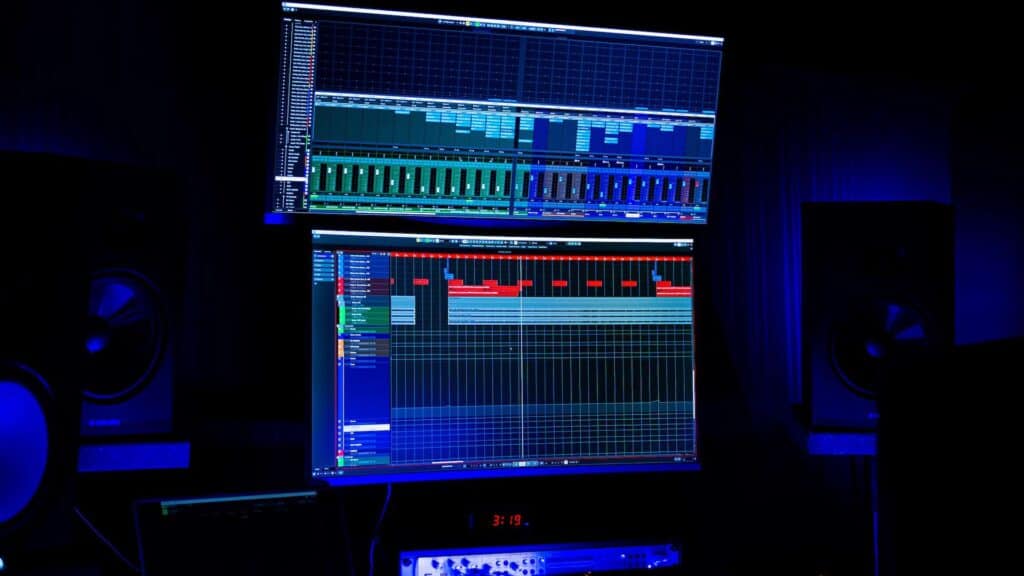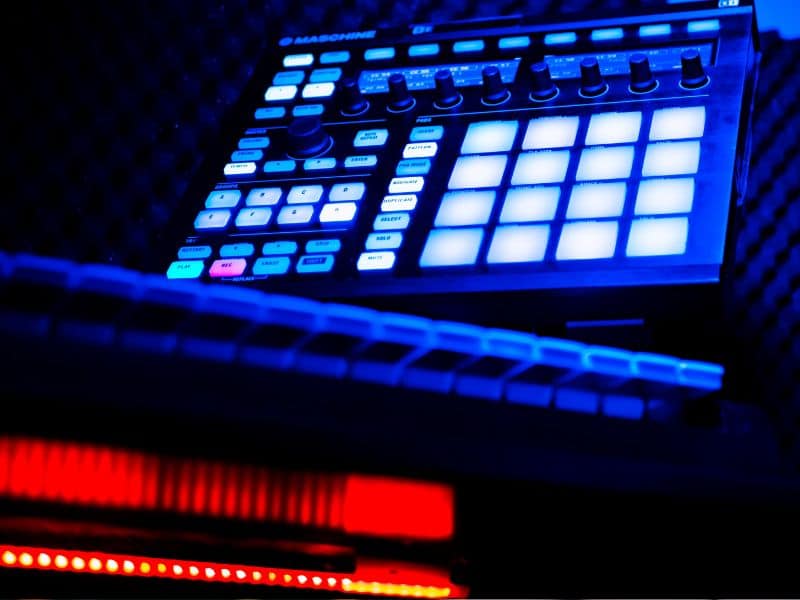Music production is a blend of artistry, technical skill, and creativity that brings sonic ideas to life. Whether you’re a seasoned producer or just starting out on your musical journey, adopting best practices can greatly enhance your production process and result in polished, professional tracks. In this blog post, we’ll explore a comprehensive set of best practices that can elevate your music production game and help you create captivating and impactful music.
1. Preparation is Key
Before you dive into the production process, take the time to plan and prepare. Define your creative vision, set goals for the track, and gather any samples, presets, or reference tracks you may need. Having a clear direction from the start will streamline your workflow and guide your decisions.
2. Quality Over Quantity
While it’s tempting to add layers of sounds and effects, remember that quality trumps quantity. Focus on crafting a few exceptional elements rather than overwhelming the mix with unnecessary clutter. Each sound should have a purpose and contribute to the overall sonic landscape.
3. Sound Selection and Design
Choose sounds that complement each other and fit the mood of your track. Spend time designing or customizing your sounds to create a unique sonic identity. Experiment with synthesizers, virtual instruments, and effects to sculpt sounds that stand out and capture your artistic vision.
4. Proper Gain Staging
Maintaining proper gain staging throughout your production is essential for a clean and balanced mix. Avoid clipping or overloading individual tracks or the master bus. Ensure that each element has enough headroom and adjust levels appropriately to prevent distortion.
5. Organization and Labeling
A well-organized session is a producer’s best friend. Use consistent naming conventions for tracks, groups, and effects. Color-code different elements for easy visual identification. Organizing your session helps streamline the mixing and editing process.
6. Effective Arrangement

Crafting a compelling arrangement is key to holding your listeners’ attention. Pay attention to the ebb and flow of the track, building tension and release where necessary. Experiment with variations in structure to keep the arrangement engaging and dynamic.
7. Creative Use of Effects
Effects play a significant role in shaping your sound. Experiment with different types of effects, such as reverb, delay, modulation, and saturation, to add depth and character to your mix. However, use effects purposefully and avoid over-processing, which can muddy the mix.
8. Balance Frequencies with EQ
Equalization is a fundamental tool for balancing frequencies and ensuring each element has its place in the mix. Use EQ to carve out space for different instruments, reduce muddiness, and enhance clarity. Remember, subtle adjustments often yield better results than drastic changes.
9. Precise Compression and Dynamics
Compression controls dynamics and can add punch and cohesion to your mix. Apply compression to individual tracks and groups to even out levels and enhance the impact of your sounds. Experiment with different compression settings and techniques to achieve the desired result.
10. Reference and Iteration

Regularly reference your mix against professionally produced tracks in a similar genre. This practice helps you gauge the sonic quality and make necessary adjustments. Be prepared for multiple iterations as you fine-tune your mix to perfection.
Conclusion
Effective music production is a blend of technical expertise, artistic intuition, and attention to detail. By adopting these best practices, you can streamline your workflow, enhance the quality of your tracks, and bring your musical visions to life with precision and creativity. Remember, music production is a journey of continuous learning and growth. Embrace experimentation, stay open to new techniques, and allow your unique artistic voice to shine through in every track you create.
Recent Posts
Finding time to produce music while managing a job can be challenging, but several strategies can help you balance both effectively. Prioritize Music Production Make music a priority in your...
We often imagine making music as an effortless flow of creativity—strumming guitars in sunlit rooms or producing beats late into the night with pure passion. But for many musicians, there’s a...


